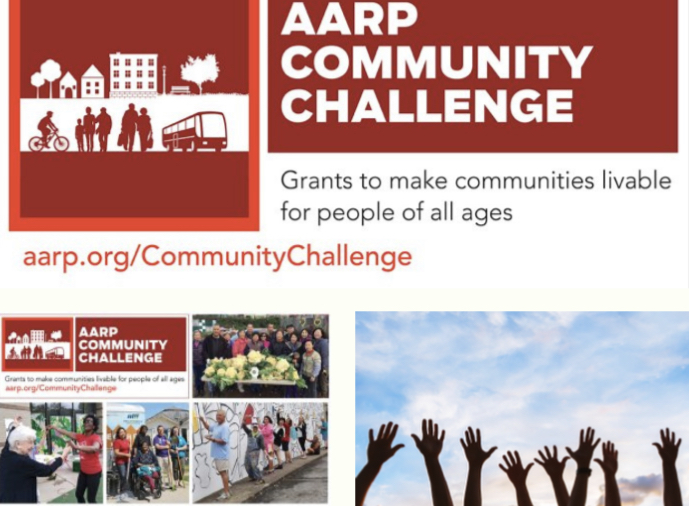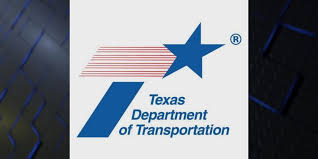
The Working on Wellness Environments Program and Texas A&M Agrilife Extension are offering an Early Childcare online conference May 22nd from 9am to 12pm on Zoom. This special event will focus on Obesity Prevention Standards and Strategies: Overview of New Texas Minimum Standards and How to Meet (and Exceed!).
The cost to register is free (sponsored by WOW-E) but spot availability is prioritized to ECE’s located in Starr, Webb, Maverick, Zapata, and Hudspeth counties. The conference will review the updated Texas ECE standards for nutrition and physical activity and discuss best practices for implementing policies to support these standards. The mini-conference will be held on May 22nd, 2021 from 9am-12pm CT via Microsoft Teams. Clock hours will be available for attendees.
Registration link: https://agriliferegister.tamu.edu/Childhood



